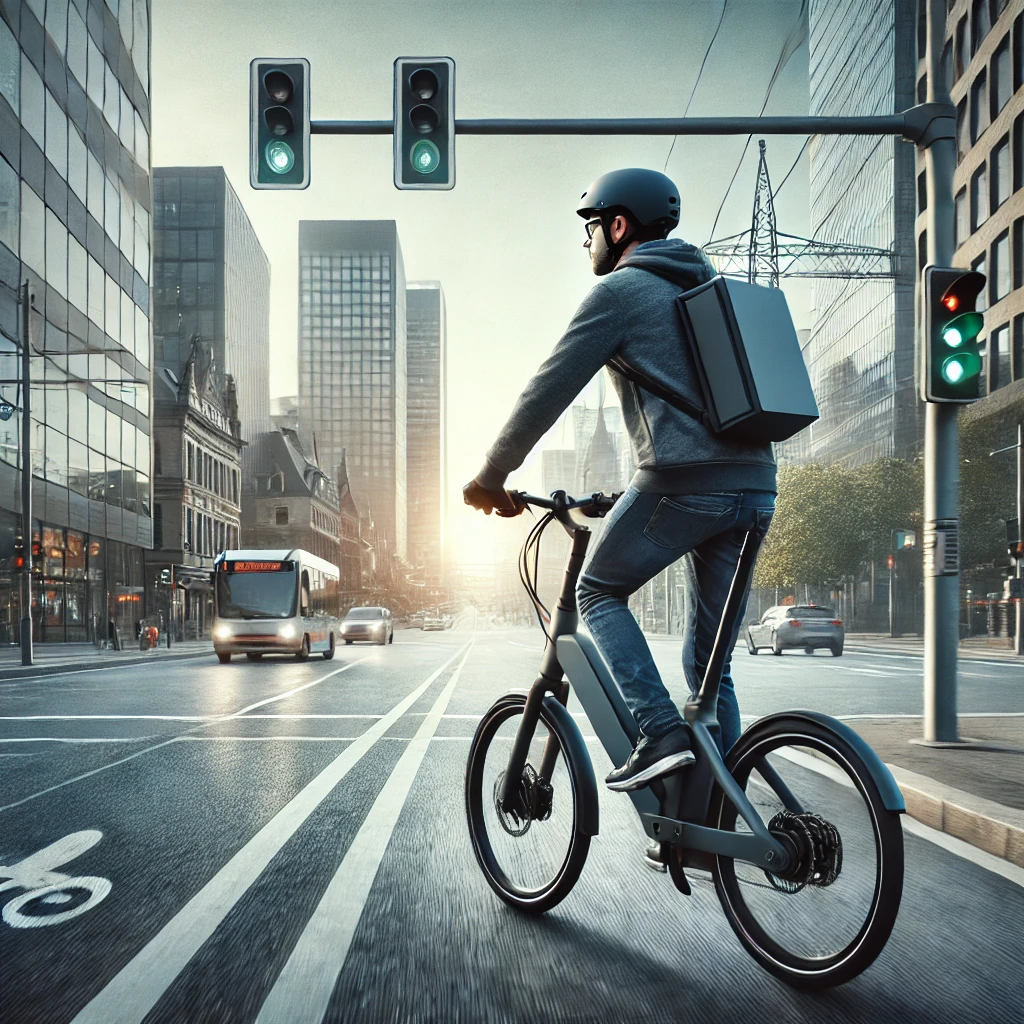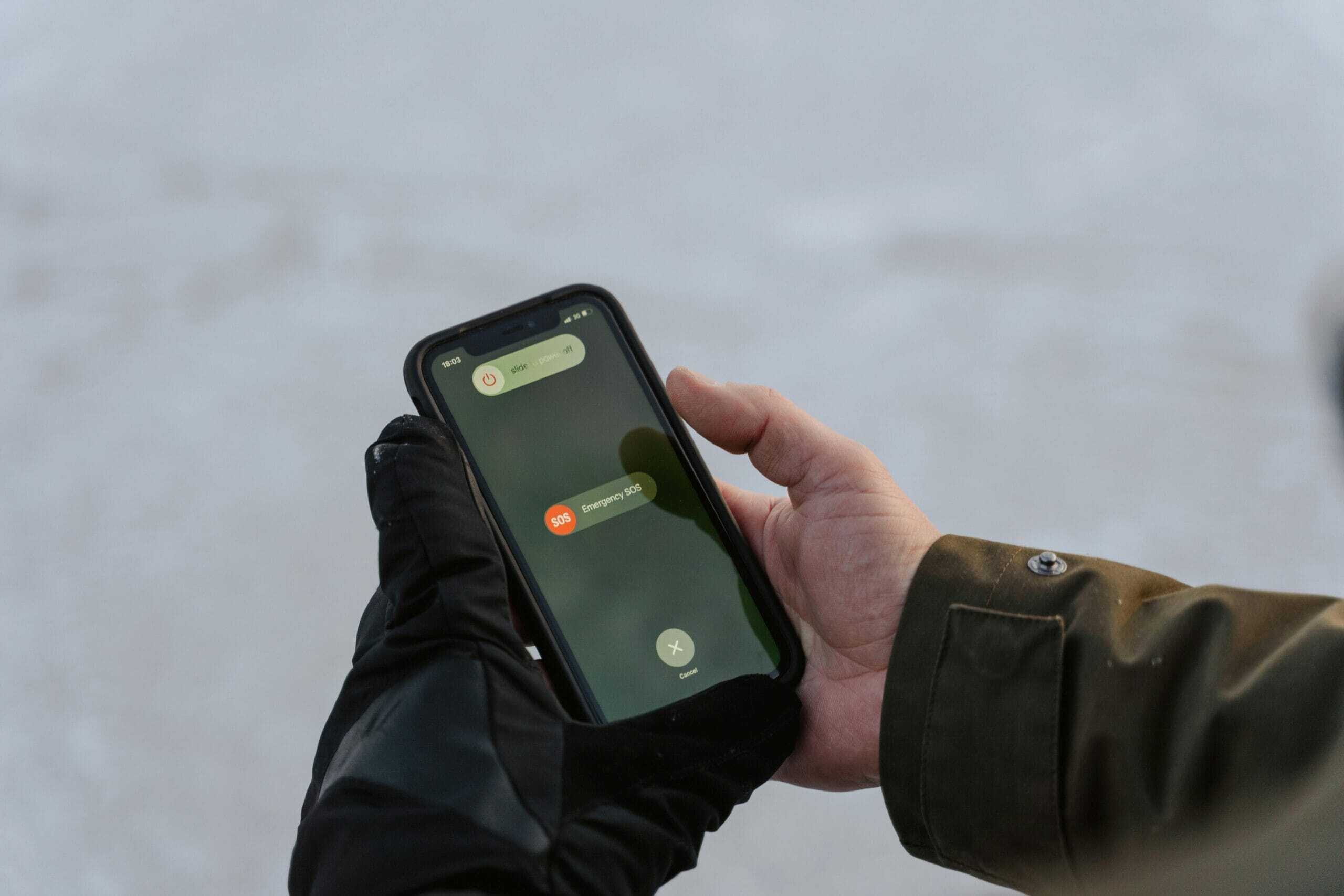
Electric bikes (eBikes) are becoming increasingly popular as an eco-friendly and cost-effective mode of transportation. However, the rules and regulations regarding eBike licensing vary from one country to another. If you’re wondering whether you need a license to ride an eBike in your region, this comprehensive guide will help you understand the legal requirements.
What is an eBike?
Before diving into licensing laws, it’s important to define what qualifies as an eBike. Generally, an electric bike is a bicycle equipped with an electric motor that assists with pedaling. The classification of eBikes typically depends on their speed, power output, and whether they have a throttle or require pedaling to engage the motor.
Do You Need a License to Ride an eBike?
The need for a license to ride an eBike depends on the country, state, or province where you live. Below is a breakdown of regulations in different parts of the world.
United States 🇺🇸
In the U.S., eBikes are categorized into three classes based on their speed and motor capabilities:
- Class 1 eBikes – Pedal-assist only, with a maximum speed of 20 mph.
- Class 2 eBikes – Throttle-powered, with a maximum speed of 20 mph.
- Class 3 eBikes – Pedal-assist only, but with a higher speed limit of 28 mph.
License Requirements in the U.S.
- Class 1 & Class 2 eBikes – No license required in most states.
- Class 3 eBikes – Licensing rules vary by state. Some states require riders to wear helmets and impose age restrictions.
- eBikes exceeding 28 mph or over 750W motor power – These may be classified as mopeds or motorcycles and often require a license, registration, and insurance.
Canada 🇨🇦
Canada follows a similar classification to the U.S., but power limits differ. Here’s what you need to know:
- Most provinces allow eBikes with a motor output of up to 500W and a top speed of 32 km/h without requiring a license.
- Some provinces, like Quebec and British Columbia, require riders to wear helmets and enforce age restrictions.
- If an eBike exceeds power and speed limits, it may be classified as a motor vehicle, requiring a license and registration.
United Kingdom & Europe 🇬🇧🇪🇺
The UK and most EU countries have specific regulations for eBikes, known as “electrically assisted pedal cycles” (EAPCs). Here are the key points:
- Standard pedelecs (motor assists only while pedaling, up to 25 km/h with a max 250W motor) do not require a license.
- Faster or more powerful eBikes – If an eBike exceeds 250W or can go faster than 25 km/h without pedaling, it is classified as a moped. This means it will require a license, registration, insurance, and the rider must wear a helmet.
Australia 🇦🇺
Australia also has strict eBike laws that vary by state. However, the general rule is:
- No license is required for eBikes with pedal assistance up to 250W and a top speed of 25 km/h.
- More powerful eBikes may be classified as motorbikes and require a motorcycle license, registration, and insurance.
Other Countries
If you live outside the countries listed above, check with your local transportation authority to confirm licensing requirements. Many countries follow similar rules, restricting eBikes to certain power and speed limits before requiring a license.
Additional eBike Laws and Restrictions
Besides licensing, there are other legal aspects to consider when riding an eBike:
Helmet Laws
Many regions require eBike riders to wear helmets, especially for Class 3 eBikes or high-powered models.
Age Restrictions
Some areas impose a minimum age for riding an eBike, typically around 16 years old.
Where You Can Ride
Laws vary on where eBikes can be ridden. Some places allow them on bike paths, while others restrict them to roads.
Conclusion
Whether you need a license to ride an eBike depends on local laws and the specifications of your bike. Generally:
- Low-powered eBikes (Class 1 & Class 2 in the U.S., pedelecs in the UK/EU) do not require a license.
- Higher-speed and more powerful eBikes may be classified as mopeds or motorcycles and require licensing, registration, and insurance.
- Always check your local laws before purchasing or riding an eBike to ensure compliance.
By understanding eBike regulations in your area, you can enjoy the benefits of electric biking without legal issues. If you found this guide helpful, share it with fellow eBike enthusiasts and stay safe on the road! 🚴♂️⚡





